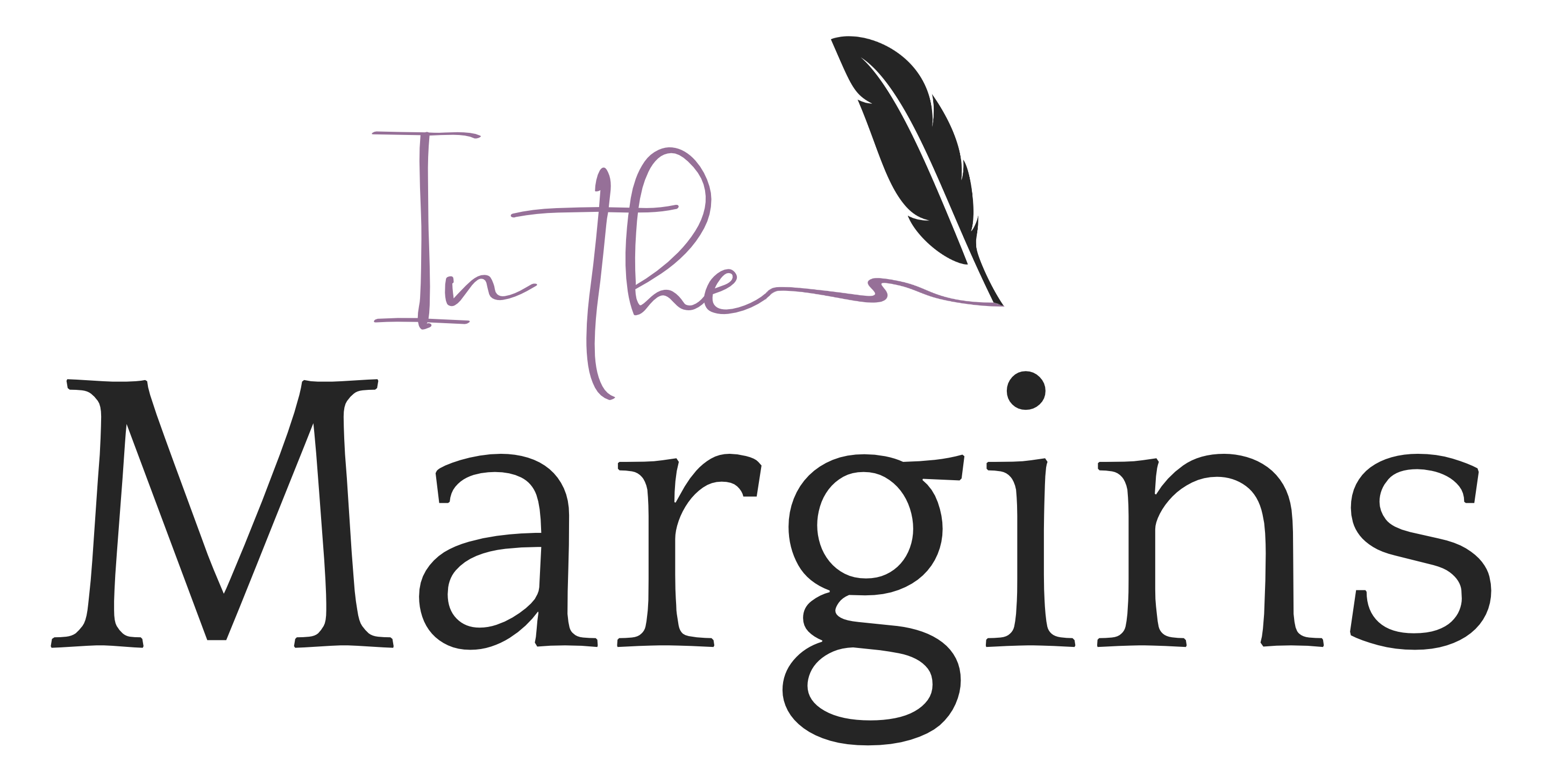
by Kayleigh | Apr 5, 2024 | Editing Tips, Writing Tips
While the omniscient point of view (POV) is considered a bit outdated today—with favor being given to third-person limited or first-person—it still comes up now and again. And with it there is the danger of head-hopping, or jumping from one perspective to another. Why... 
by Kayleigh | Mar 1, 2024 | Editing Tips
A vague pronoun reference occurs when a pronoun could be referring to multiple antecedents. This lack of clarity can lead to confusion, especially in scenes with a lot of people speaking/acting or in scenes with a lot of action, such as a fight. I spot vague pronouns... 
by Kayleigh | Feb 23, 2024 | Editing Tips, Writing Tips
Revising a first (or second or third) draft can feel overwhelming. Make it easier on yourself by working in pieces—or passes. Rather than trying to fix plot holes alongside misplaced commas, instead deal with the big problems first and work your way down to typos.... 
by Kayleigh | Dec 8, 2023 | Editing Tips
The question may come across as harsh, but it’s one of the simplest ways to decide if elements within your story are working for it, against it, or if (worst case scenario) they’re doing nothing at all. Ask (and be honest with) yourself: Is this information that we... 
by Kayleigh | Nov 10, 2023 | Editing Tips, Writing Tips
Murray’s quote is one that’s commonly referenced (sometimes stated as “writing is revising” or some other variation). However you’ve heard them said, these are three simple words of hard truth. While everyone has their own process, the... 
by Kayleigh | Nov 3, 2023 | Editing Tips, Writing Tips
When transitioning from your drafting phase to revision, it can be useful to approach your changes from the biggest level of edits (plot holes, character development, etc.) first and work your way down to the smallest edits, like grammar and punctuation. In other...






